
Canada is a welcoming and diverse country with a robust immigration system that includes provisions for family reunification, including pathways for spouses to obtain visas. For individuals married to Canadian citizens or permanent residents, Canada offers various visa options to facilitate immigration and enable families to stay together. In this blog post, I’ll walk through five primary ways to obtain a Canadian visa by marriage, highlighting each option’s eligibility, process, and benefits.
5 Ways to Get a Canada Visa by Marriage
1. Spousal Sponsorship (Inland Sponsorship)
The Inland Spousal Sponsorship Program is designed for spouses already living with their Canadian partners in Canada. Through this pathway, Canadian citizens or permanent residents can sponsor their spouse to obtain permanent residency.
- Eligibility:
- The sponsor must be a Canadian citizen or permanent resident.
- Both spouses must prove their relationship is genuine and not solely for immigration benefits.
- The spouse being sponsored must already be living in Canada with valid status (such as a visitor, worker, or student permit).
- Process:
- Submit an Inland Sponsorship application to Immigration, Refugees and Citizenship Canada (IRCC).
- The spouse may be eligible for an Open Work Permit, allowing them to work in Canada while the sponsorship application is processed.
- Processing times generally range from 12-18 months.
- Benefits:
- The Open Work Permit allows the spouse to work, providing financial support and reducing the burden on the sponsor.
- Couples can remain together in Canada during the application process.
2. Spousal Sponsorship (Outland Sponsorship)
The Outland Spousal Sponsorship Program is suitable for couples where the spouse is residing outside Canada but wishes to join their Canadian partner permanently.
- Eligibility:
- The sponsor must be a Canadian citizen or permanent resident, over 18, and financially stable enough to support their spouse.
- The couple must provide evidence of a genuine relationship.
- If the Canadian sponsor is a citizen, they can live abroad during the application process, but they must prove their intention to return to Canada with their spouse.
- Process:
- An Outland Sponsorship application is filed with IRCC.
- The applicant may still be allowed to visit Canada during processing, though it is not guaranteed.
- Processing can take 12-24 months, depending on the applicant’s country of origin and other factors.
- Benefits:
- Allows the spouse to apply for permanent residency even if they are not physically in Canada.
- Flexibility for the applicant to travel in and out of Canada (depending on visa requirements).
3. Visitor Visa with Intention to Apply for Sponsorship Later
For couples still waiting for their spousal sponsorship application approval, a Visitor Visa is an option for a spouse to visit their Canadian partner temporarily.
- Eligibility:
- The spouse must demonstrate a clear intention to return to their home country after their visit, though this can be a complex requirement if sponsorship plans are underway.
- Proof of financial means to support themselves during the visit.
- Process:
- Submit a Visitor Visa application, including an invitation letter from the Canadian spouse.
- Provide supporting documents such as proof of relationship, proof of funds, and travel history.
- Visitor Visas are typically processed within a few weeks to several months, depending on the applicant’s country.
- Benefits:
- Allows the spouse to visit and stay with their partner in Canada temporarily.
- Couples can spend time together while the sponsorship application is being processed.
4. Open Work Permit through Spousal Sponsorship (for Inland Applicants)
If the spouse is applying for Inland Sponsorship and wants to work in Canada during the waiting period, they can apply for an Open Work Permit.
- Eligibility:
- Must be eligible for Inland Sponsorship and have submitted an application for spousal sponsorship.
- The sponsor and applicant must continue to meet all Inland Sponsorship requirements.
- Process:
- Submit an application for an Open Work Permit along with the Inland Sponsorship application or after receiving a confirmation that the sponsorship application is underway.
- The permit processing usually aligns with the Inland Sponsorship timeline, allowing the applicant to work for any employer in Canada.
- Benefits:
- Financial independence for the applicant while waiting for their permanent residence status.
- Ability to gain Canadian work experience, which can be beneficial if they eventually apply for Canadian citizenship.
5. Dependent Visa under Family Class Immigration (for Common-Law Partners)
Canada recognizes common-law partnerships (living together for at least one year in a marriage-like relationship) under Family Class Immigration. If you meet the common-law criteria, you may apply under similar conditions as spousal sponsorship.
- Eligibility:
- Common-law partners must have lived together continuously for at least 12 months.
- The sponsor must be a Canadian citizen or permanent resident.
- Both partners must provide documentation proving the authenticity of their relationship.
- Process:
- Submit a common-law sponsorship application under the Family Class category.
- Applicants may also apply for an Open Work Permit (if applying through the Inland process).
- Processing times for common-law partners are similar to spousal sponsorship, ranging from 12 to 24 months.
- Benefits:
- Equal access to permanent residency options as married couples.
- Recognition of diverse relationship types, promoting inclusivity within Canadian immigration law.
Frequently Asked Questions – FAQs
In this section, I will provide you with FAQs and answers on “How to Get a Canada Visa by Marriage”.
1. What is the difference between Inland and Outland Sponsorship?
Inland Sponsorship is for spouses who are already living in Canada with their Canadian partner. They may qualify for an Open Work Permit to work while waiting for the application to be processed. Outland Sponsorship, on the other hand, is for spouses living outside Canada or who may need to travel in and out of the country. Outland applicants can apply from abroad, but they may still be eligible to visit Canada temporarily during processing, depending on their visitor visa status.
2. Can my spouse work in Canada while the sponsorship application is being processed?
Yes, if your spouse is applying through Inland Sponsorship, they can apply for an Open Work Permit along with the sponsorship application. This permit allows them to work for any employer in Canada while awaiting permanent residency approval. Outland Sponsorship applicants, however, cannot work in Canada unless they have a separate work permit, as they are typically outside the country during processing.
3. How long does the spousal sponsorship application process take?
Processing times vary depending on several factors, including whether the application is Inland or Outland. Inland Sponsorship usually takes around 12-18 months, while Outland Sponsorship can range from 12 to 24 months. Processing times may fluctuate depending on IRCC’s backlog and the applicant’s country of origin.
4. Do I need a lawyer or immigration consultant to apply for spousal sponsorship?
Hiring a lawyer or immigration consultant is optional but can be helpful, especially if your case has complex issues, such as previous visa refusals or gaps in documentation. The IRCC website provides all the necessary forms and guidelines, and many applicants successfully apply on their own. However, professional advice can be beneficial for ensuring accuracy and compliance with Canada’s immigration policies.


![FUTA Admission List 2024/2025 Is Out [How to Check]](https://allcampusplug.com/wp-content/uploads/2024/11/FUTA-1.jpeg)

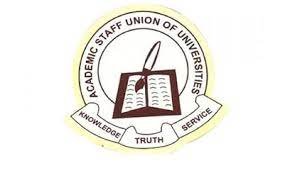
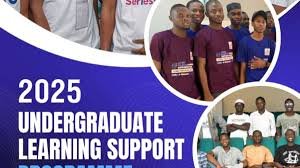

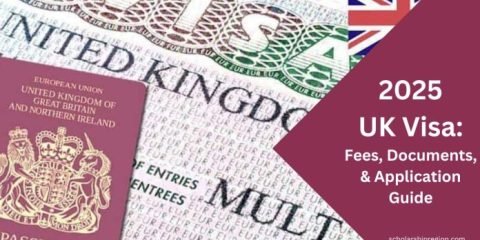
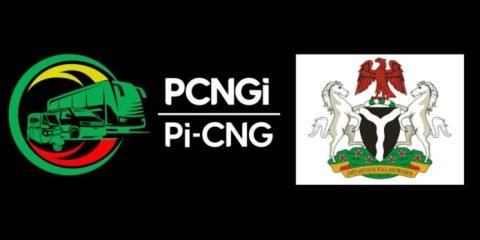





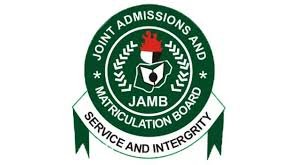


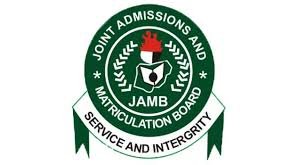
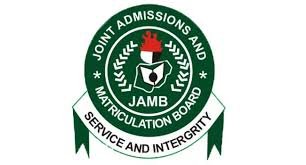
![EKSU Cut Off Mark 2024/2025 [All Courses] EKSU Cut Off Mark 2024/2025 [All Courses]](https://allcampusplug.com/wp-content/uploads/2024/11/EKSU-1-208x240.jpeg)
![YABATECH Cut Off Mark 2024/2025 [All Courses] YABATECH Cut Off Mark 2024/2025 [All Courses]](https://allcampusplug.com/wp-content/uploads/2024/10/YABATECH-1.png)
![UNILESA Cut Off Mark 2024/2025 [All Courses] UNILESA Cut Off Mark 2024/2025 [All Courses]](https://allcampusplug.com/wp-content/uploads/2024/11/UNILESA-1.jpeg)
![FUTB Cut Off Mark 2024/2025 [All Courses] FUTB Cut Off Mark 2024/2025 [All Courses]](https://allcampusplug.com/wp-content/uploads/2024/10/FUTB-1.jpeg)
![FUBK Cut Off Mark 2024/2025 [All Courses] FUBK Cut Off Mark 2024/2025 [All Courses]](https://allcampusplug.com/wp-content/uploads/2024/09/FUBK-1.jpeg)